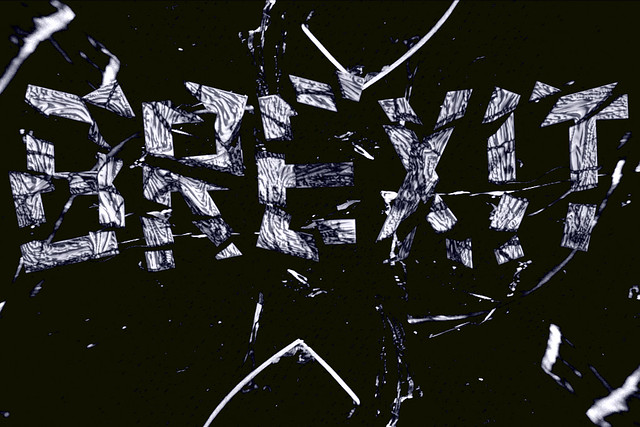Since last Monday night, the House of Commons is closed. But Boris Johnson’s decision to prorogue parliament may be overturned in the courts. On Wednesday, the highest Scottish court ruled that suspension of Parliament was unlawful. The government expressed its disappointment with this decision. On Tuesday of next week, it will be up to the Supreme Court in England to decide whether this judgment was correct.
What is Prorogation and When does the Government Prorogue Parliament?
In the UK, prorogation is not unusual. It marks the end of one parliamentary session allowing the government time to prepare for the next one. Under normal circumstances, the government uses the Parliament closure period to prepare the Queen’s Speech. This means choosing policies and a programme for the upcoming session. To initiate it, the Prime Minister visits the Queen and asks her to sign the prorogation documents. So how is this prorogation different? Opposition parties, as well as some of Boris Johnson’s opponents, chiefly MPs who lost the party whip, maintain that the Prime Minister decided to prorogue Parliament to shut down the Brexit debate.
Prorogation Court Cases – Two Cases – Two Different Judgments
To overturn prorogation, government opponents initiated legal proceedings. The first case was heard in the High Court in England. The judges ruled against the applicants, stating that the decision to prorogue Parliament was “inherently political in nature”, and that “no legal standards” exist that would allow making a judgment on its legitimacy.
In contrast, at the highest court in Scotland, three judges deemed this prorogation to be unlawful. It will be up to the Supreme Court in England to make a final ruling. If it finds in favour of the government the House of Commons will remain closed. However, if it agrees with the judges of Scotland’s highest court, parliamentarians are likely to be back at work within days.
The Prime Minister Insists He Didn’t Lie to the Queen
The judgment from the Scottish court was a victory for more seventy cross-party peers and MPs. The three senior judges concluded that Boris Johnson asking the Queen to prorogue Parliament was unlawful. Some MPs wanted to return to the House of Commons immediately. However, the Scottish court stopped short of ordering it be reopened.
The government expressed its disappointment with the verdict. When asked whether he lied to the Queen, Boris Johnson vehemently refuted such claims. During the last few days, he’s been visiting different parts of the UK in an attempt to recover from his string of defeats in the House of Commons including the passing of no-deal legislation and his two motions to call a general election.
The Humble Address Motion and Yellowhammer
Before prorogation came into effect, the House of Commons passed the Humble Address motion obliging the government to publish two sets of documents. The Yellowhammer documents published earlier this week contain the government’s assessment of a no-deal Brexit.
The motion also obliges the government to release communication between key-officials in the run-up to prorogation. These documents have not been published yet. In fact, in correspondence with Dominic Grieve QC MP, the government insists that asking for WhatsApp messages and so on constitutes an “unprecedented, inappropriate, and disproportionate” use of parliamentary procedures. It remains to be seen whether Parliament has any means to insist on the publication of this communication.
Brexit – A Divisive an Issue as Ever
The UK is still in a state of political chaos, and the opposing sides are as entrenched as ever. Brexiteers are accusing Parliament of trying to stop Brexit whereas government opponents are appalled at the government shutting down Parliament. Although pushing through no-deal Brexit would now be illegal, the Prime Minister insists he will not seek an extension and get the UK out of the EU on 31 October.
He insists progress is being made in negotiations, but EU officials maintain that the UK government hasn’t put forward any workable, legally binding alternative to the core issue, the backstop.




